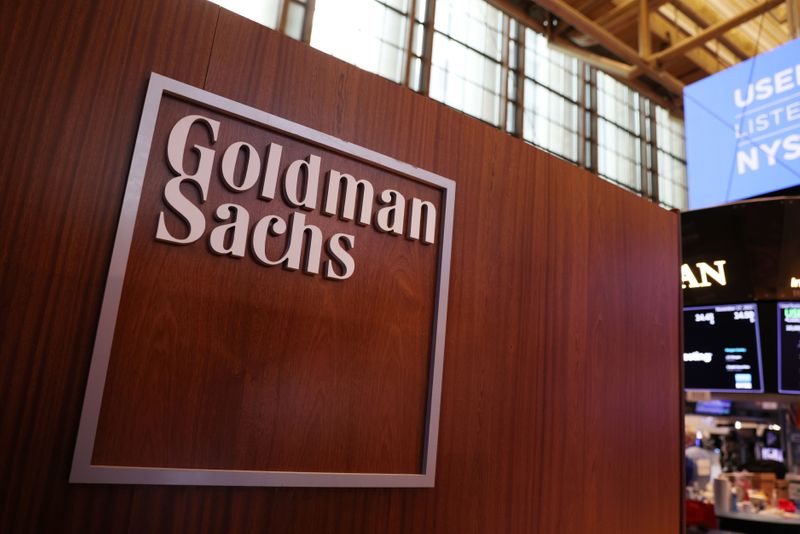Goldman Sachs equity strategists are out with their 2024 outlook for the U.S. equity market.
Most importantly, the strategists see the S&P 500 index ending the year at 4700. This represents a 12-month price gain of 5% and a total return of 6%, including dividends.
The baseline assumption is that the U.S. economy will continue to expand at a modest pace, avoiding a recession. Goldman anticipates earnings to rise by 5%, and the valuation of the equity market to be around 18x, close to the current P/E level.
“Our forecast falls slightly below the typical 8% return during presidential election years,” the strategists said in the report.
The macro forecast suggests “a benign outcome for equities,” although Goldman says certain factors limit the potential appreciation for the benchmark US equity index in 2024. First, although economists forecast above-consensus GDP growth of 2.1% in 2024, this optimistic view is already reflected in current equity prices.
Second, while margins have stabilized, substantial expansion from the current elevated levels seems unlikely. Third, equity multiples appear fairly valued based on the current macro environment and are not expected to expand in 2024.
“Although we forecast a below-average annual return at the S&P 500 index level, more attractive investment opportunities exist beneath the surface. We highlight three strategies: (1) Own quality stocks alongside persistent "late cycle" anxiety. (2) Own growth stocks with high ROIC given stable growth and interest rates. (3) Own beaten-down cyclicals given recession risk is lower than feared,” the strategists added.
Finally, the strategists see the “Magnificent 7” continuing to outperform in 2024.
“The 7 stocks have faster expected sales growth, higher margins, a greater re-investment ratio, and stronger balance sheets than the other 493 stocks and trade at a relative valuation in line with recent averages after accounting for expected growth. However, the risk/reward profile of this trade is not especially attractive given elevated expectations,” the strategists concluded.
